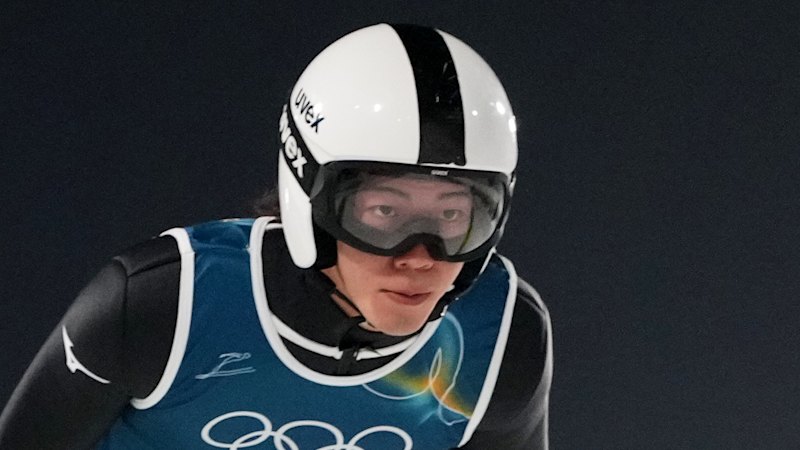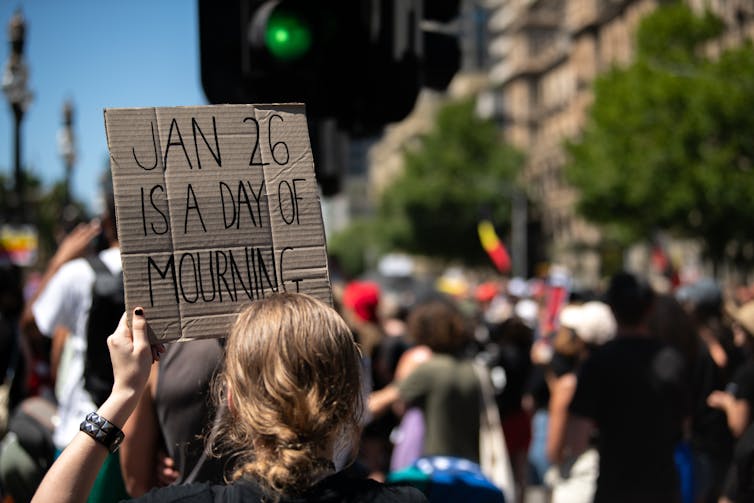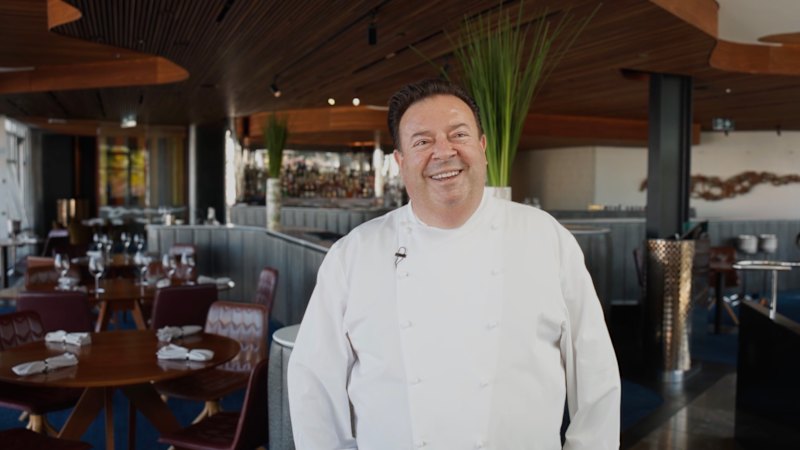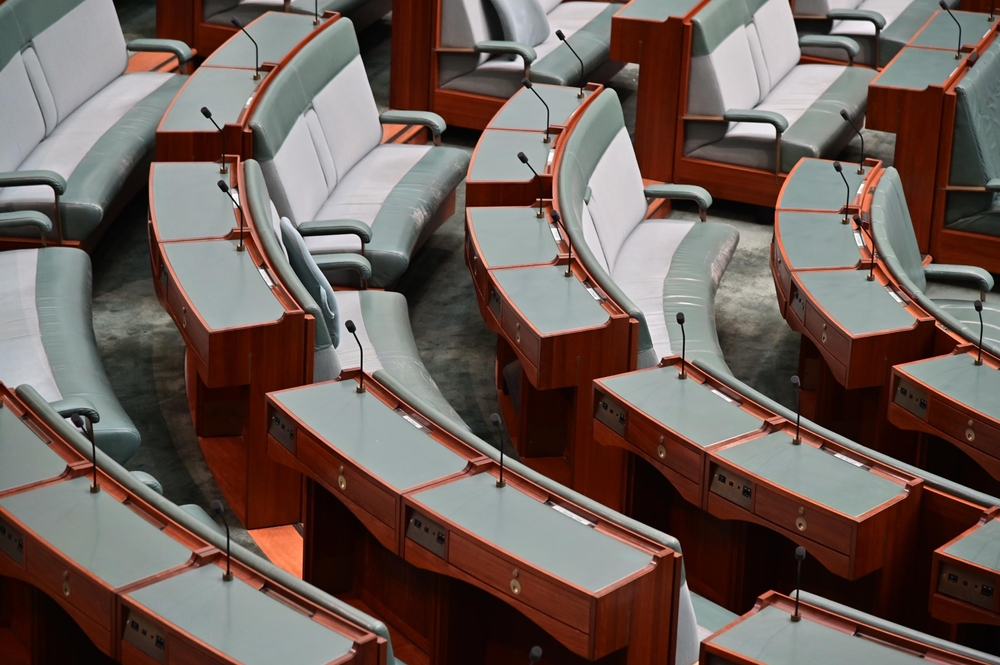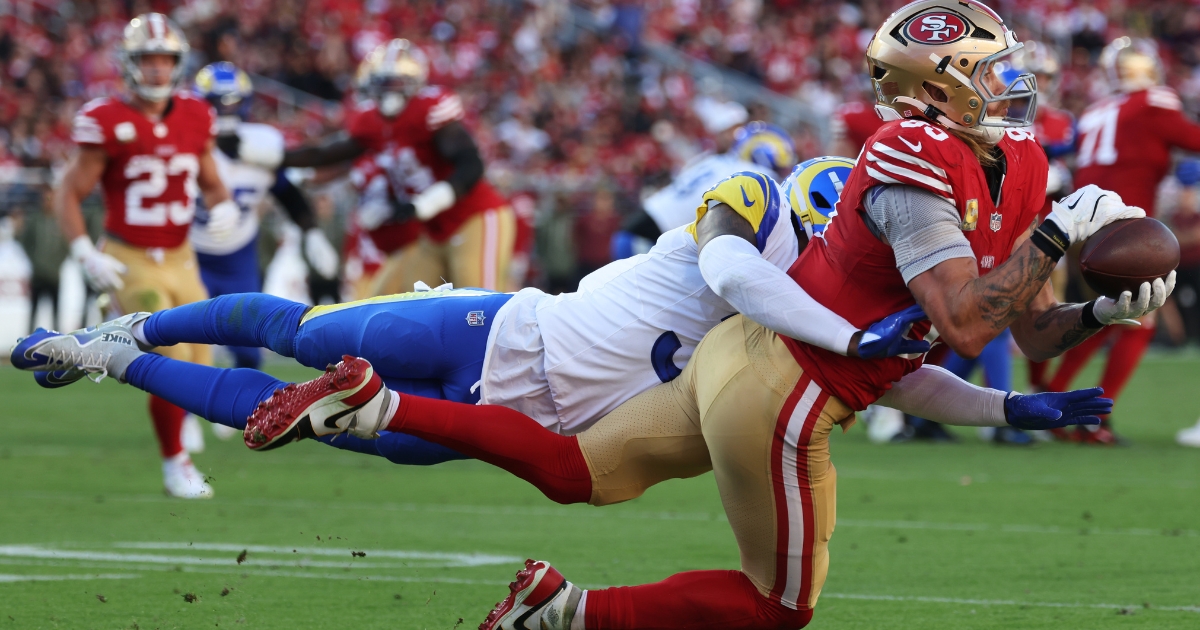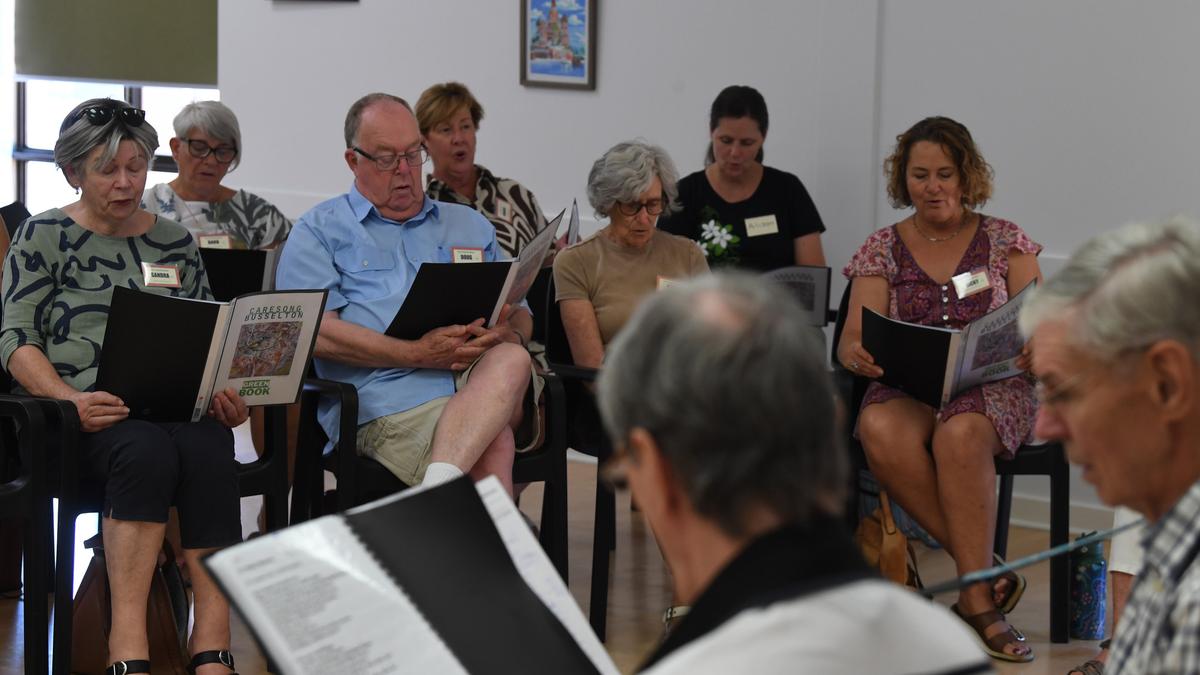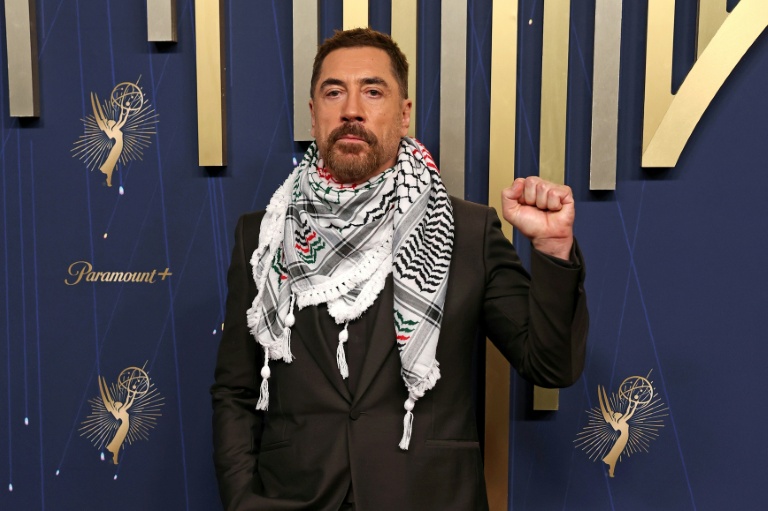
UPDATE: A wave of cultural boycotts against Israel is surging as prominent artists across music, film, and literature unite in response to the ongoing Gaza conflict. The movement, inspired by the successful anti-apartheid actions of the past, is gaining traction just as Western governments hesitate to impose significant economic sanctions.
British actor Khalid Abdalla, known for his roles in “The Kite Runner” and “The Crown,” expressed his belief that “we’re at a tipping point,” after signing a petition urging a boycott of certain Israeli cinema institutions. The petition, initiated by Film Workers for Palestine, has gathered thousands of signatures, including those from A-list celebrities Emma Stone and Joaquin Phoenix, who have pledged to sever ties with any Israeli organizations “implicated in genocide.”
At the recent Emmy Awards, winners like Javier Bardem and Hannah Einbinder voiced their solidarity with Gaza, echoing similar sentiments expressed earlier at the Venice Film Festival. This growing movement has now prompted Massive Attack to join the “No Music for Genocide” collective, aiming to block the streaming of their music in Israel.
As the cultural boycott intensifies, Israel faces potential exclusion from high-profile events like the Eurovision Song Contest. Spanish Prime Minister Pedro Sanchez is spearheading efforts to keep Israel out of international sports events, amplifying the pressure on the Israeli government amid the escalating humanitarian crisis.
UPDATE: Amid the turmoil, Israeli conductor Ilan Volkov declared he would no longer perform in Israel, marking a significant stance from within the country’s artistic community. Abdalla remarked, “The avalanche is happening now, and it’s across spheres,” highlighting the widespread nature of this cultural movement.
With more than 65,000 people reportedly killed in Gaza since the conflict reignited after the October 7, 2023 attack by Hamas, the urgency of these calls for action cannot be overstated. The ongoing violence has created a global outcry for accountability and change.
Academic Hakan Thorn from the University of Gothenburg likened the current situation to the anti-apartheid movement, noting that the images from Gaza have shifted public opinion dramatically. “There was definitely a shift in the spring of this year when the world saw the images of the famine in Gaza,” he stated.
The boycott movement, known as BDS (Boycott, Divestment, Sanctions), originally emerged two decades ago in response to Israel’s occupation of Palestinian territories. Critics, including Israeli Prime Minister Benjamin Netanyahu, have labeled the movement as antisemitic, complicating the discourse around the protests.
As artists rally together, the implications extend beyond mere boycotts. David Feldman, director of the Institute for the Study of Antisemitism, asserts that conflating the boycott movement with antisemitism obscures its purpose: “It is a vehicle of protest against Israel’s destruction of Gaza and the ongoing murder of people.”
Despite the compelling nature of this movement, history serves as a cautionary tale. The anti-apartheid efforts took decades to yield results, illustrating the challenges faced by activists today. As the artistic community in Israel grapples with the repercussions, acclaimed screenwriter Hagai Levi highlighted that “90 percent of people in the artistic community” oppose the war, fearing the boycott may weaken their efforts.
As this cultural movement evolves, the world watches closely. The urgency and emotional weight of the situation in Gaza are compelling artists and public figures to speak out, amplifying calls for a concerted response. With developments unfolding rapidly, the question remains: will this become a defining moment for global activism against perceived injustices?
